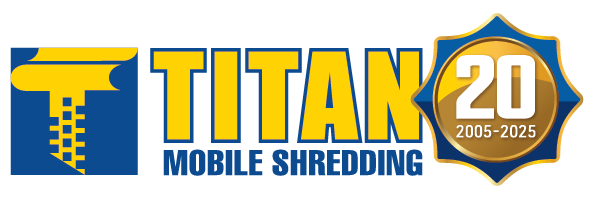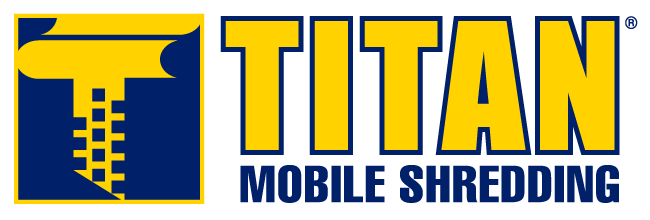In any organization, employees play a pivotal role in protecting sensitive information. Their actions can either fortify the company’s security or leave it vulnerable to breaches. Hence, empowering employees to take ownership of their role in safeguarding data is essential. This blog post will provide six vital ways to help employees protect sensitive information effectively.
Understanding Data Sensitivity Levels
Recognizing the different levels of data sensitivity is the first step in safeguarding information. Not all data is created equal; some information requires more stringent protection than others. For instance, personal identification data, financial records, and proprietary business information need the highest level of security.
Employees must be trained to identify and classify data based on its sensitivity. This includes understanding company policies on data classification and consistently applying those standards. Handling data according to its sensitivity ensures that employees can prioritize their protective measures effectively.
Educating employees about the consequences of mishandling sensitive data can further reinforce the importance of data classification. When employees understand the risks of data exposure, they are more likely to follow protocols diligently.
Implementing Strong Password Practices
Strong passwords are a fundamental aspect of data security. Weak or reused passwords can easily be compromised, leading to unauthorized access to sensitive information. Employees must create unique, complex passwords for all their accounts to mitigate this risk.
Using a password manager can help employees generate and store strong passwords without the need to remember them all. These tools can also update passwords regularly, adding an extra layer of security. Furthermore, enabling multi-factor authentication (MFA) provides an additional defense by requiring a second form of verification.
Providing employees with guidelines on creating strong passwords can enhance their password practices. This includes using a mix of letters, numbers, and special characters and avoiding easily guessable information like birthdays or common words.
Securing Digital Communication
Digital communication is a common way to share sensitive information, making it crucial to secure these channels. Unsecured email and messaging services can be intercepted, leading to data breaches. Therefore, employees must use encrypted communication tools to protect sensitive data.
Implementing best practices for secure communication involves training employees to recognize phishing attempts and avoid clicking on suspicious links. Using secure email services with encryption capabilities ensures that messages remain private and protected from unauthorized access.
Encouraging employees to use encrypted messaging apps for sharing sensitive information can further enhance security. These apps use end-to-end encryption, meaning only the intended recipients can read the messages.
Maintaining Physical Security Measures
While digital security often takes center stage, physical security is equally important. Sensitive documents and devices should be physically protected to prevent unauthorized access. This includes securing workstations, locking file cabinets, and monitoring access to secure areas.
Employees should be trained to lock their computers when stepping away from their desks, even for short periods. Using cable locks for laptops and ensuring that sensitive documents are stored in locked cabinets can prevent physical theft or tampering.
Monitoring access to secure areas involves implementing protocols for visitors and ensuring that only authorized personnel have access to sensitive information. This can include using access cards, biometric scanners, or other security measures to control entry.
The Role of Secure Shredding
Sensitive documents that are no longer needed should be securely shredded to prevent data breaches. Simply discarding documents in the trash can leave them vulnerable to unauthorized access. Secure shredding ensures that documents are completely destroyed and cannot be reconstructed.
Employees should be aware of when to shred documents and which types of documents require secure disposal. This includes financial records, personal identification information, proprietary business information, and any other sensitive data.
Using a professional company that provides secure shredding services can provide an added layer of security. These services ensure compliance with data protection regulations and provide certificates of destruction as proof that the documents have been securely disposed of.
Staying Informed and Vigilant
Data security is an ongoing process that requires continuous education and vigilance. New threats and data protection strategies emerge regularly, making it essential for employees to stay updated. Regular training sessions can help employees stay informed about the latest security practices and company policies.
Encouraging employees to participate in training sessions and stay updated on security policies fosters a culture of security awareness. This ensures that employees are equipped to handle new threats and can adapt to changing security requirements.
Providing resources and support for employees to stay informed can further enhance their vigilance. This includes access to security newsletters, online courses, and industry reports that keep them updated on the latest developments in data security.
Conclusion
Protecting sensitive information is a collective responsibility that requires every employee’s participation. By taking these steps, you can enhance the overall security of your organization and foster a culture of responsibility and awareness. Encourage your employees to take an active role in data protection, and together, you can build a more secure environment.
To ensure that your sensitive documents are securely disposed of, contact TITAN Mobile Shredding for a customized shredding quote. With our secure shredding services, you can rest assured that your confidential information is destroyed effectively and responsibly.




